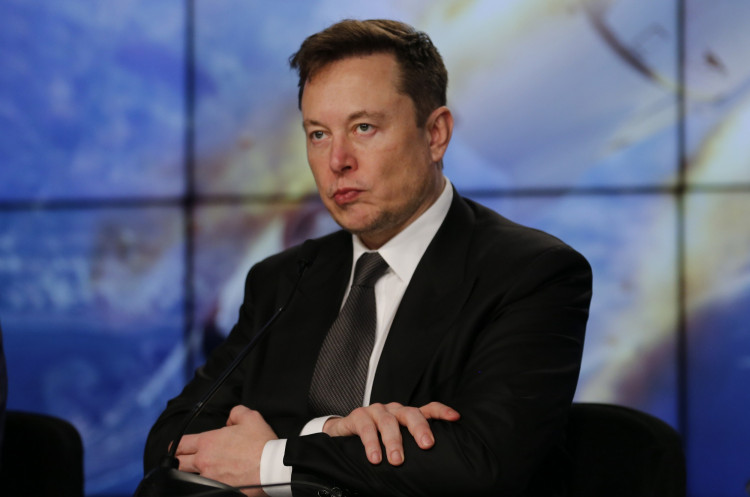On Tuesday, June 6, media outlets reported that despite the far-off possibility of going public, the brain-machine interface company Neuralink, led by Elon Musk, has an estimated valuation of approximately $5 billion, according to insiders.
Two years ago, Neuralink was valued at nearly $2 billion in a private fundraising round of $205 million.
Insiders said that in the months leading up to Neuralink's announcement on May 25 that U.S. regulators had approved human trials for its brain chip, bullish investors had driven up the company's valuation.
The technology Neuralink is preparing for human trials aims to establish a communication and control channel between the human brain and external devices by implanting electrodes and chips into the brain. This brain-machine interface seeks to allow direct control of external devices through brain bioelectric signals or to modulate brain activity with external stimulation.
With OpenAI making great strides, if this technology advances and succeeds, it is expected to hold significant potential in restoring motor function to paralyzed patients, curing brain diseases like Parkinson's and Alzheimer's, and helping restore sight to blind patients in the not-too-distant future. In line with Musk's vision, it may even allow the human brain to merge with computers, turning us into "cyborgs" to achieve coexistence with AI and avoid the "existential threat" posed by AI.
Experts believe that Neuralink's brain chip could take years to get commercial use approval. Kip Ludwig, former project director of neuroengineering at the National Institutes of Health (NIH), "optimistically" estimates that it will take Neuralink at least 10 years to commercialize its brain implant chip. Additionally, the company faces other challenges, including a federal investigation into its handling of animal experiments.
A brain-computer interface (BCI) is a direct communication and control channel established between the human brain and computers or other electronic devices. Through this channel, users can express thoughts or control devices directly through brain activity. Conversely, external devices constantly send various feedback to the brain, allowing it to adjust control strategies and maintain system stability.
After its human trials received approval, Neuralink's shares were reportedly sold to investors in the primary market at a valuation of $7 billion, equivalent to $55 per share. However, it is currently uncertain whether any transactions have been completed at this price.
Musk has repeatedly expressed optimism about Neuralink's prospects, stating that its chips will make life more convenient for both healthy and disabled individuals, inserting devices to treat obesity, autism, depression, and schizophrenia via quick surgeries. He even predicts these products will be used for internet access and telepathy. A senior executive at Neuralink recently set more achievable short-term goals, such as helping paralyzed patients communicate through computer text without typing.
Media reports suggest the estimated $5 billion stock trades are carried out by shareholders such as employees and early backers of the company, rather than Neuralink selling new shares to investors. This type of secondary trading is not a perfect measure of a company's valuation; these transactions are typically small and lack the wider market consensus found in financing rounds or IPOs.
Neuralink's valuation leap in secondary trading starkly contrasts with other startups. According to data provider Caplight, about 85% of pre-IPO companies have an average secondary trading valuation discount of 47% compared to the previous financing round.
Notably, many recent stock sales have targeted relatively small investors who are typically less concerned with the company's fundamentals, hoping to be part of anything Musk owns.
Sim Desai, CEO of the online stock trading platform Hiive, said the market demand for Neuralink stocks has been "huge". He said buyers were willing to pay at a valuation around $4.5 billion.
However, some biomedical experts are skeptical about the company's valuation. Arun Sridhar, a scientist and entrepreneur specializing in neuromodulation, called Neuralink's valuation "crazy" since the brain implants are in the early stages of clinical trials. Sridhar said:
A study aimed at evaluating safety and tolerance can't justify the company's $5 billion valuation in any way.
Last year, the FDA rejected Neuralink's human trial application for safety reasons. Even with approval, the company still faces several challenges, including whether animal experiments comply with regulations and whether they violate animal welfare.




